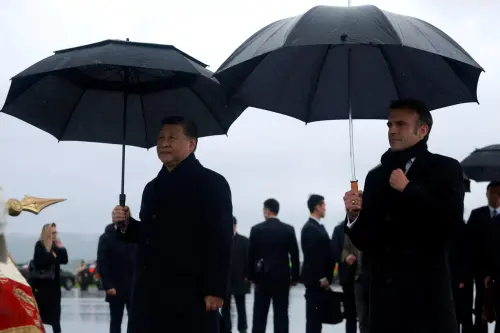When security, human services, justice, and basic necessities are not provided, states fail. Because these factors are man-made, diagnosing and rectifying shortcomings is theoretically possible. The case of Pakistan, however, raises very different and more difficult questions than those generated by a study of mere failure.
Pakistan’s most unique feature is not its potential as a failed state but the intricate interaction between the physical/political/legal entity known as the state of Pakistan and the idea of the Pakistani nation. Few if any other nation-states are more complex than Pakistan in this respect, with the Pakistani state often operating at cross-purposes with the Pakistani nation. The state has certainly been failing for many years, but the Pakistani nation also is a contested idea, and the tension between them is what makes Pakistan an especially important case. Pakistan has not fulfilled either its potential or the expectations of its founders, but it is too big and potentially too dangerous for the international community to allow it simply to fail.
From its very inception, the state of Pakistan was thought to be more than a physical/legal entity that provided welfare, order, and justice to its citizens. Pakistan was to be an extraordinary state—a homeland for Indian Muslims and an ideological and political leader of the Islamic world. Providing a homeland to protect Muslims—a minority community in British India—from the bigotry and intolerance of India’s Hindu majority was important; in this respect Pakistan and Israel have strong parallels. The Pakistan movement also looked to the wider Islamic world, however, and Pakistan’s leaders have been concerned about the fate of other Muslim communities living under duress, stretching from Palestine to the Philippines. Both the history and the future of Pakistan are rooted in this duality, a complex relationship between Pakistan the state—a physically bounded territory with a legal and international personality—and Pakistan the nation—mission-bound to serve as a beacon for oppressed or backward Muslim communities elsewhere in the world. Other causes include an attempt to create a truly Islamic state within Pakistan, one that would be guided by Islamic scriptures and traditions. Citizens of different political, sectarian, and ethnic persuasions contest the identity of the state of Pakistan, which in turn—backed by a powerful, nuclear-armed capability—can present an existential challenge to its neighbors.
View full article.


Commentary
The Nation and the State of Pakistan
June 1, 2002